
Joint supervision needed
From the time a chicken is raised on a farm to the time it lands on a dinner table, several government departments are involved, including the MOA, the Ministry of Transportation, the Ministry of Commerce, the Ministry of Health and the SFDA.
The SFDA believes that an excessive use of anti-biotics is a matter for the MOA. The MOA, on the other hand, claims that its responsibility lies only in the production process, and says the onus is on other ministries for dealing with traces of anti-biotics, writes the Nanfang Daily.
Finger pointing then becomes the norm, and it is imperative that the responsibilities of each department are clear stated when it comes to ensuring food safety, said the report.
The chicken scandal exposed the weakness of a market economy, said Mei Xinyu, a research fellow at the Chinese Academy of International Trade and Economic Cooperation.
"In a market economy, companies are driven by profits, which explains the abuse of anti-biotics in the poultry industry," said Mei. "When the market fails, the government, or other intermediary organs, should step up and apply the strictest supervision to reign in companies."
In the United States when McDonald's cups were found to contain excessive cadmium in June 2010, the company immediately recalled 12 million of those cups and apologized to the public.
However, when a similar scandal breaks out in China in the fast food industry, none of the companies step up to apologize to the public. The penalty for violating the law is thin. According to the country's Food Recall Regulation, KFC is only required to pay a fine of 30,000 yuan ($4,821).
 |

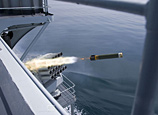
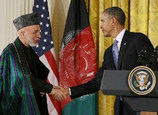

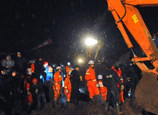
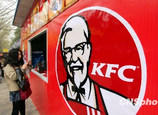
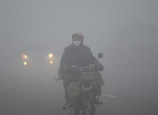









 Beijing police save female hostage
Beijing police save female hostage


![]()
